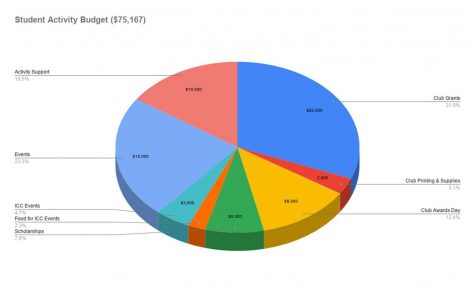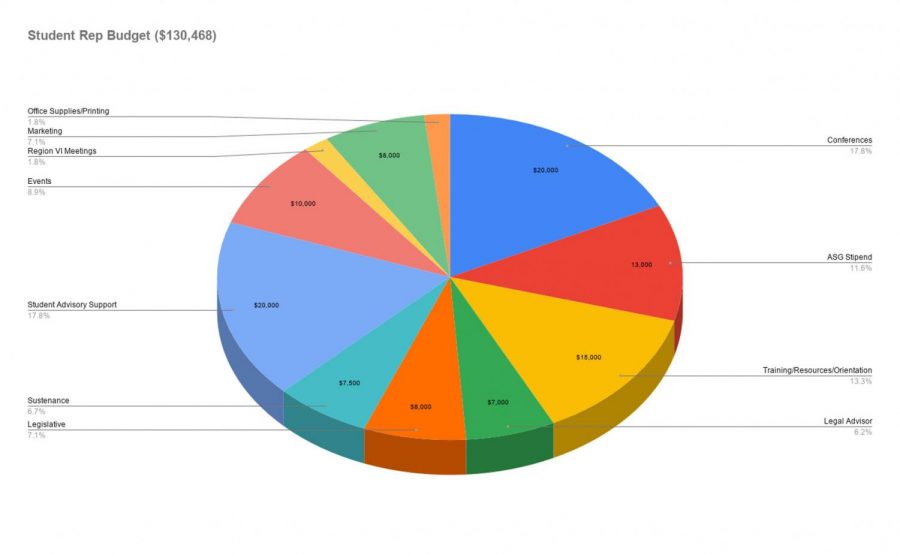Every semester, City College students pay a $1 student representation fee and a $5 student activity fee included in the cost of attendance but few students know exactly what the school is doing with this money.
The student representation fee budget this year reached $130,468, whereas the student activity fee budget totaled $75,167.
The Associated Student Government allocates funds from these two budgets and President of Operations and Finance Ezekiel Contreres Forrest keeps track of how the money is handled.
“This year, most of the money is being used for events and student advocacy,” said Forrest, regarding the student representation fee.
According to reports, $20,000 of the budget goes toward student advocacy support, which includes a variety of student support systems, and $10,000 goes towards funding of campus events.
“We try to have transparency with everything,” said ASG President Alexandra Montes De Oca.
The entire budgets were provided to The Channels, as well as weekly spending reports for this semester.
Everything regarding spending of the students’ money is public information.

ASG Student Activity Budget
With the student activity budget, the bulk of this year’s funds has gone towards club grants, events and activity support. $20,000 were allocated towards the club grants, with $15,000 for events and $10,000 going towards activity support.
Campus clubs are a significant part of student life at City College, and the financial support they receive through the activity budget keeps them alive, allowing them to host events and reach out to new students.
Scholarships account for $5,000 of the activity fee and $1,500 towards food for club events.
The recent adoption of a policy that provides a stipend to student senators accounts for $13,000 of the student representation fee, and $15,000 pays for senate training and support.
The stipend has been the source of much discussion on campus, as the newly formed policy will pay up to $1,125 to elected officers each semester. The stipend was created and approved by the senate, and is geared towards getting more students interested in being involved by joining the student government, according to the senate.
This semester, just $18,000 has been spent out of the combined budgets, and most of the funds have been used for club grants, usually around $400 per club. The largest expenses were club mixers and the Undocumented Student Week of Action, both of which cost $5,000 each.
All expenses must be approved by the senate, assuring that no money is spent frivolously.
“We try to make sure we spend to benefit all students,” said Forrest.














